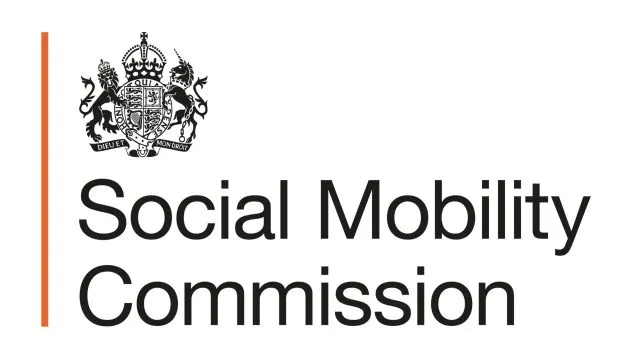This report sets out the findings from qualitative research studies focusing on two main areas. The first examines the barriers to entry for people from non-privileged socio-economic backgrounds to professional scientific jobs in life sciences, with a particular focus on the issues for people currently entering careers in pharmaceuticals, medical technology and bio-technology. The second examines the barriers to entry for people from non-privileged backgrounds to front office roles in elite investment banking firms, while also considering how the picture has changed over time. The scope and methods used in each of these studies is given within the appropriate sections below.
The research forms part of the Social Mobility Commission’s role as an advocate for social mobility in the UK. The aim is to understand better the candidate recruitment and selection processes and decisions around progression within life sciences and investment banking firms and how this helps –or hinders – social mobility. It considers how firms think their recruitment processes ensure they get the highest performing staff, the extent to which firms ensure this is what their recruitment process delivers, and the potential challenges in changing business practices to promote fair access.
Throughout this report we use the term non-privileged to refer to individuals whose socio-economic background may indicate relative disadvantage according to a number of variables, which could include parental income and parental occupation when the individual was aged 14, the type of school attended between 11-16, and whether their family was eligible for income support and/or free school meals. The term non-privileged has been chosen to indicate the extent to which barriers may exist not only for people who are under-privileged but also for those who come from a wider range of backgrounds.
